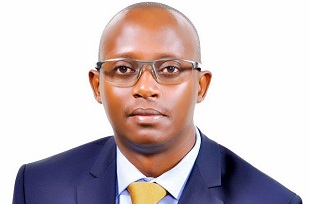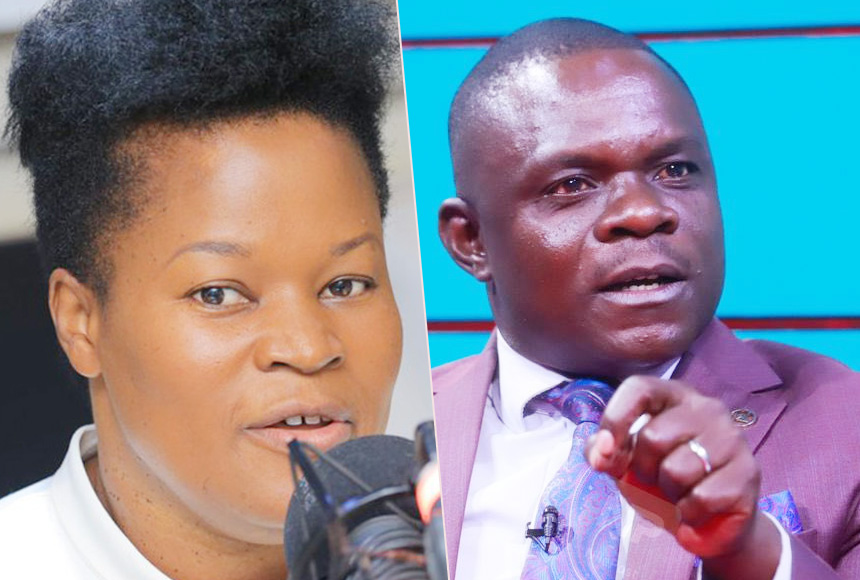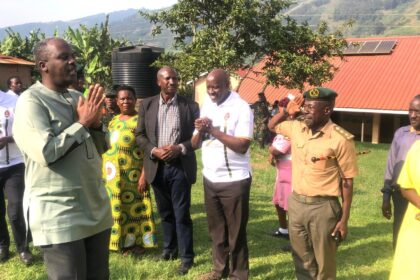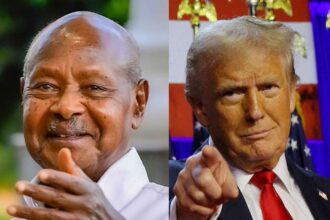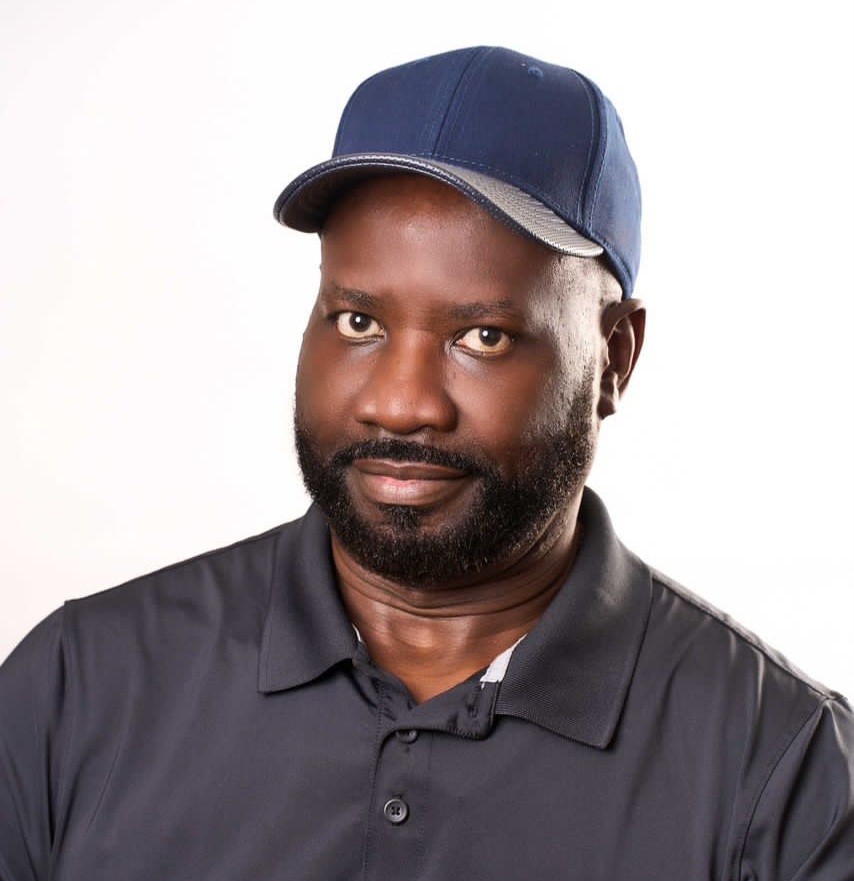When he was asked what he likes about President Yoweri Museveni, the former Forum for Democratic Change (FDC) party president, Dr. Kizza Besigye said the chairman of the ruling National Resistance Movement (NRM) thinks long term and in a strategic sense.
For a man who has for over a decade opposed Museveni, these words were, in my view, candid and correct.
In post-independence Uganda, we have not seen a leader who thinks long term and in a strategic sense.
And when he said on 29th January, 1986, that: “Nobody should think that what is happening today is a mere change of guards. I think this is a fundamental change in the politics of our country,” many people didn’t understand what he was talking about.
However, for those who had tested series of political turmoil punctuated with violence and armed conflict, the fundamental change was indeed a breath of fresh air in to the country.
Today, the country has been steered to a different series of atmosphere and the way of life of the people has registered a fundamental change.
Over time, Museveni has nurtured the country’s political journey, opened up to multi-party dispensation, built a strong and professional army, the Uganda People’s Defence Forces (UPDF) and dealt with the structural base that will spur total transformation of the country—such as electricity, roads, railway system and other strategic infrastructure projects.
By uprooting these bottlenecks, the President has managed to set the ball rolling for the country’s take-off stage.
And because he knows what problem the country is facing, he has managed to steer the nation out of the challenges, and he has identified about ten bottlenecks that Uganda and Africa must overcome in order to create a centre of gravity for the continent to be able to compete at the same level with other continents.
Ideological disorientation, especially sectarianism of tribe and religion, interference with the private sector as it was done in 1972 when former President, Idi Amin, expelled Asians from Uganda, under-developed infrastructure to spur social-economic growth and transformation, weak states, mainly limited capacity of the military and police, fragmented markets brought about by the failure by African state to remove borders and allow free trade across the continent, and lack of aggressive industrialization and value-addition mechanisms to spur import of processes African products to the global market.
For instance, Museveni at one time said, when you sell unprocessed products to the global market, you can only get 10% profit out of such products.
In fact, lack of industrialization, he said, is “modern slavery” that espouses the exportation of raw materials for other to make money out of them.
In the process, the jobs are also exported to other countries. This also brings me to the next bottleneck that President Museveni has always mentioned—under development of human resources and inadequacy of human capital due to lack of proper education and poor health of citizens.
To avert this handicap, President Museveni, using his foresight, introduced free education for primary and secondary. Government is also working on health for all.
The other bottleneck is the under-development of agriculture. Agriculture has been and remains central to Africa’s economic growth and poverty reduction. It is a major source of raw materials for the manufacturing sector, a market for non-agricultural output, a source of surplus for investment and a source of employment. Strategic investments for modernization of this sector will transform it into a springboard for socio-economic transformation for Africa.
However, so many of our people are continuing to engage in just subsistence farming – growing only food crops or rearing livestock for subsistence.
To avert this, President Museveni has introduced the four-acre-model for homesteads to engage in commercial farming. He has also rolled out the Parish Development Model (PDM), where homesteads through parish saving schemes can access capital to propel their small-scale village commercial farming ventures.
If well, implemented, PDM alone will create 70 million jobs.
So, in modern times where President Museveni has secured peace and stability, no Ugandan should be out of the money economy. All must be engaged in some form of activity that generates money and adds to the growth trajectory of the country.
The key question to ask is whether we want to disorganise this trajectory or continue moving forward.
In my view, it is President Museveni who should navigate the country through these modern times because he does not only think long term but also in a strategic sense and therefore he deserves to be reelected for President on January. 15th .2026.
The writer is the Deputy RCC Kawempe Division and a member of Rotary Club of Muyenga
Do you have a story in your community or an opinion to share with us: Email us at Submit an Article




